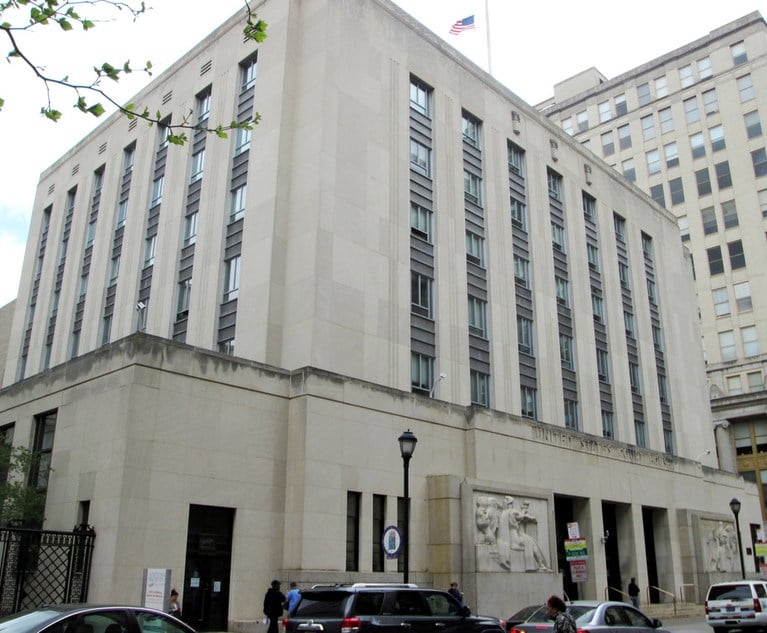For deal lawyers, no matter the stripe, negotiations can sometimes feel rote. Clients may have a list of “must-haves,” stock provisions approved by committee, or regulatory imperatives, on the one hand, and almost everyone knows—depending upon the type of deal—the flashpoints in a given transaction, on the other. This can lead to sub-optimal outcomes—measured in terms of excessive expense or unwieldy implementation, particularly in an environment where clients sometimes view “success” as a signed-up deal, regardless of terms that made it into the transaction documents.
While not all deals need the same amount of preparation and rigor—as one of my former partners liked to say, “You don’t always have to drive a Cadillac; sometimes a Buick is fine”— there are a few steps negotiators can take in every deal to improve outcomes. Some are proactive, some reactive, and most have little to do with “law.” As noted in Rule 2.1, however, clients may benefit from a lawyer’s reference “not only to law but to other considerations such as moral, economic, social and political factors.” See Model Rules of Prof’l Conduct R. 2.1. Each tool discussed below falls into the “other considerations” category and can enhance the quality of the negotiation experience and client outcomes.


 Christopher Couch of McGlinchy Stafford (Photo: Courtesy Photo)
Christopher Couch of McGlinchy Stafford (Photo: Courtesy Photo)




